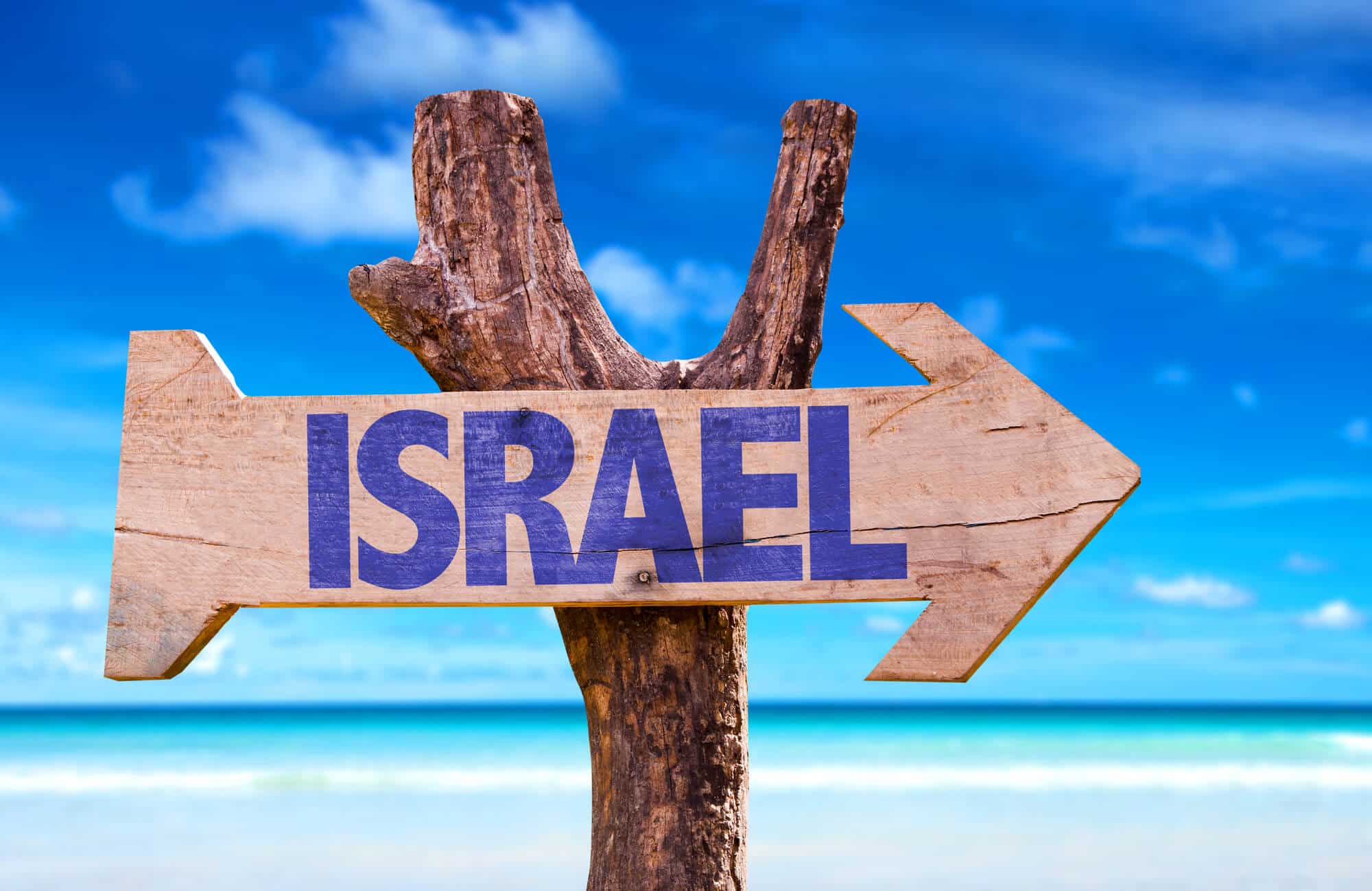Joint activity for the sake of the environment can connect the Jews of Israel and the Jews of the Diaspora, and bridge the gaps between them
Dr. Dov Maimon and Gideon Bacher, Angle - Science and Environment News Agency

Despite everything they have in common, the Jewish experience of the Jews of Israel is largely different from the Jewish experience of the Diaspora Jews. There is not always an identity between the areas of interest and interests of the two groups, and there are sometimes disputes between them, both on values and on methods of action. For those who care about the future of the Jewish people, a thorough understanding of these tensions, and a search for ways to eradicate them, or at least to weaken them, is a critical challenge that requires consideration.
Hence, for those who see an important value in the connection between Diaspora Judaism and Israeli Judaism, and those who attach importance to the integration of the two Jewish worldviews, it is possible that the way to connect the groups and reduce the gap between them is not through discussion - an ideological confrontation or dialogue - but rather through joint action in a field that Not controversial, but even shared. This is because where there is a common ideal and a willingness to dialogue, the chance of cultural mediation between the parties increases.
In this context, it is possible that the challenge of climate change and the environmental crisis constitute a unique opportunity for joint action, which will not only benefit the entire world, but will even contribute to shaping a renewed sense of purpose for the Jewish people: mobilizing Jews from all corners of the world for a task greater than the limited Jewish interest - building an ecologically and socially responsible world . And in the traditional Jewish term: tikkun olam.
Unlike the issue of human rights, which excited the youth of the previous generation but also led to many disagreements, the climate crisis does not create a built-in tension between the Jews of the Diaspora and the Jews of Israel, since it is a global issue, in which "we are all in this boat" in the face of dangers that have already begun to signal and that will And you will become very empowered in the near future.
Beyond that, the State of Israel has a significant competitive advantage in thinking, designing and promoting environmentally friendly technologies, and unique technological capabilities to eradicate the drastic effects of the climate crisis and other environmental crises. An example of this is Israel's consistent fight against the desertification process, which the world day for the fight against which was recently noted. About 75 percent of the land area in more than 100 countries in the world suffers from desertification processes, and according to estimates, about 50 million people may be displaced from their homes by 2030 due to desertification and droughts.

Hence, the increasing global mobilization in the fields of combating the climate crisis and strengthening sustainability is a golden opportunity for Israel to improve its political and economic position, but also to strengthen ties with Jewish communities all over the world, who are increasingly afraid of an acute climate and environmental crisis and who are looking for significant ways to prevent the disaster.
To restore and improve the complex relations between the Jews of the world and the Jews of Israel, a new approach is required, as mentioned. The method we recommend is based on cooperation around common goals, such as the issue of the climate crisis. What the new directions have in common should be compliance with two criteria, which are not tactical or utilitarian, but principled and spiritual in essence: the new vocation that will be offered to the Jewish people, whether in Israel or in the Diaspora, will have to correspond with value messages anchored in the Jewish tradition in all its streams, and it will have to have existential validity as a commandment The time for a considerable part of the young people of the western world.
From our experience at the Ministry of Foreign Affairs in the past year, which included organizing joint events for activists from Israel and Diaspora Jewry through Israeli missions abroad, we see that this direction is bearing real fruit. It is undoubtedly a bridge and a means that brings hearts together and creates a sense of a common mission and a desire to join hands for a better world and for a worthy future for future generations. The enthusiasm created at the meetings hints at a new positive energy that should be harnessed both for the benefit of all of humanity and for the strengthening of ties within the nation of Israel. We saw great enthusiasm from the participants and a desire to continue to develop the dialogue and the joint action.
Dr. Dov Maimon is a senior fellow at the Jewish People's Policy Institute (JPPI) and he coordinates the institute's activities in the field of the climate crisis. Maimon is an agricultural engineer and an expert on Israeli thought by training, and is a lecturer in social leadership at the Ben Gurion University of the Negev's School of Business Administration.
Ambassador Gideon Bacher is the special envoy for climate change and the environment at the Ministry of Foreign Affairs.
